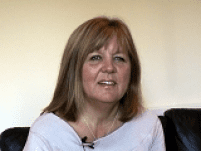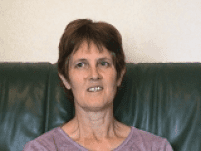
Interview 36
His father went to ICU after having a stroke and developing pneumonia. Members of the family supported one another and he is now closer to his sister.
Fire safety manager, married with two children. Ethnic background/nationality: White British.






